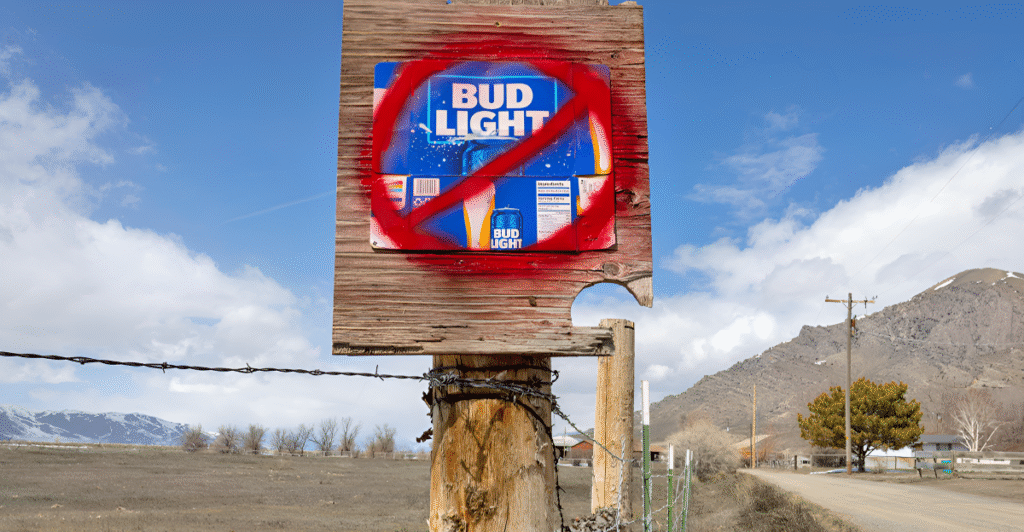
Bud Light, once America’s top-selling beer, faced a tumultuous 2023 marked by a significant boycott that drastically impacted its sales and market position. The controversy began when Bud Light partnered with transgender social-media influencer Dylan Mulvaney for a promotional campaign.
This led to a widespread boycott, supported by country music artists such as Kid Rock and Travis Tritt, causing Bud Light to lose its status as the leading beer brand in the U.S.
The 2023 Boycott and Its Impact
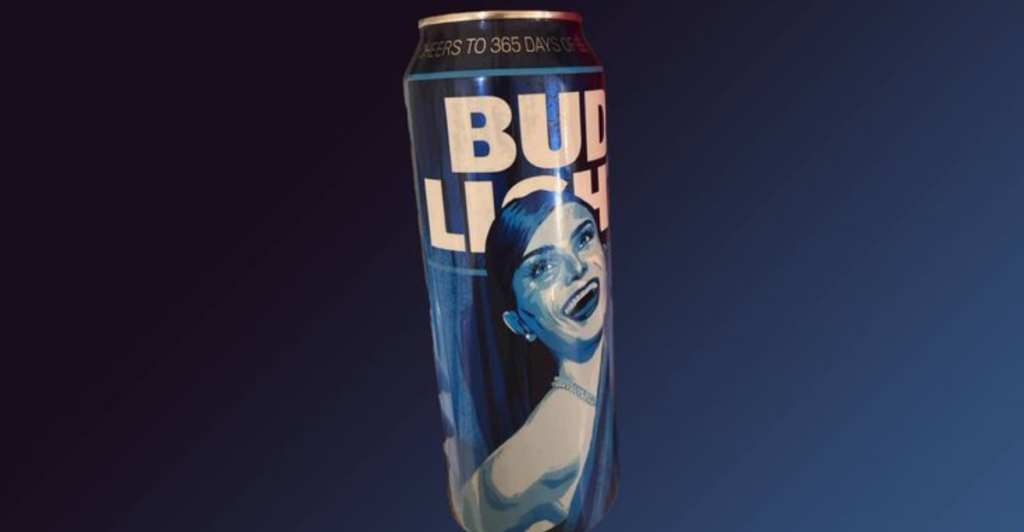
The partnership with Dylan Mulvaney, which included a $15,000 giveaway and customized beer cans, sparked a fierce conservative backlash that accused Bud Light of being “woke.” The boycott quickly gained momentum, leading to a sharp decline in sales.
Bud Light was reportedly selling for less than water in some stores, and production plants had to be shut down due to decreased demand. This controversy allowed Modelo Especial to dethrone Bud Light and become the best-selling beer in the country.
Financial Fallout for Anheuser-Busch

Anheuser-Busch, Bud Light’s parent company, announced that revenue in the U.S. declined 10% year over year in the second quarter of 2023, translating to a $395 million loss compared to the previous year.
Despite Bud Light’s legendary status, the brand’s poor sales significantly affected the company’s financial performance. The boycott also caused a ripple effect, with some bars removing all Anheuser-Busch products from their menus.
Bud Light Leans Into Masculinity to Regain Sales
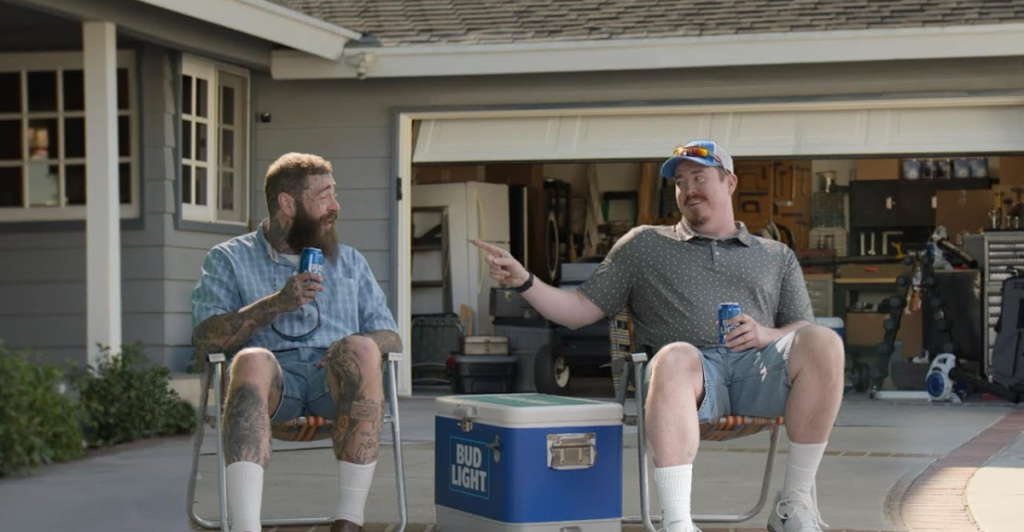
Faced with negative feedback and plummeting sales, Bud Light shifted its marketing strategy. The brand’s 2025 Super Bowl commercial, titled “Big Men on Cul-de-Sac”, features NFL quarterback Peyton Manning, rapper Post Malone, and comedian Shane Gillis.
Emphasizing traditional masculinity to reconnect with its core demographic of young men who enjoy sports and socializing, this ad departs from the more humorous and fantastical tone of previous ads.
Previous Marketing Campaigns Amid the Boycott
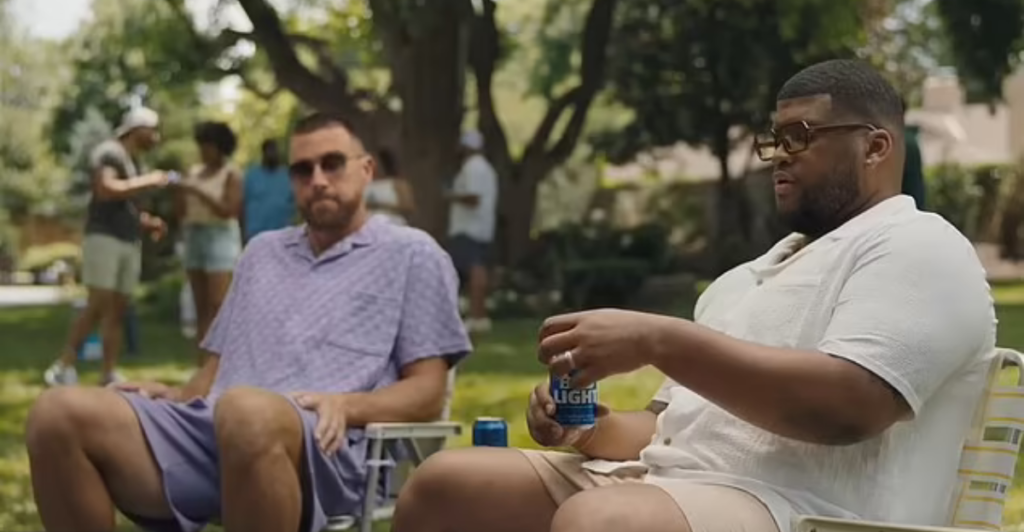
Earlier during the boycott period, Bud Light released an ad called “Backyard Grunts,” featuring football player Travis Kelce and men settling into lawn chairs with Bud Light beers, letting out drawn-out grunts.
This campaign, also aimed at male consumers, was a little more playful. The new Super Bowl ad’s focus on masculinity is part of a strategic pivot to help rebuild brand loyalty with its traditional audience.
Ongoing Sales Challenges
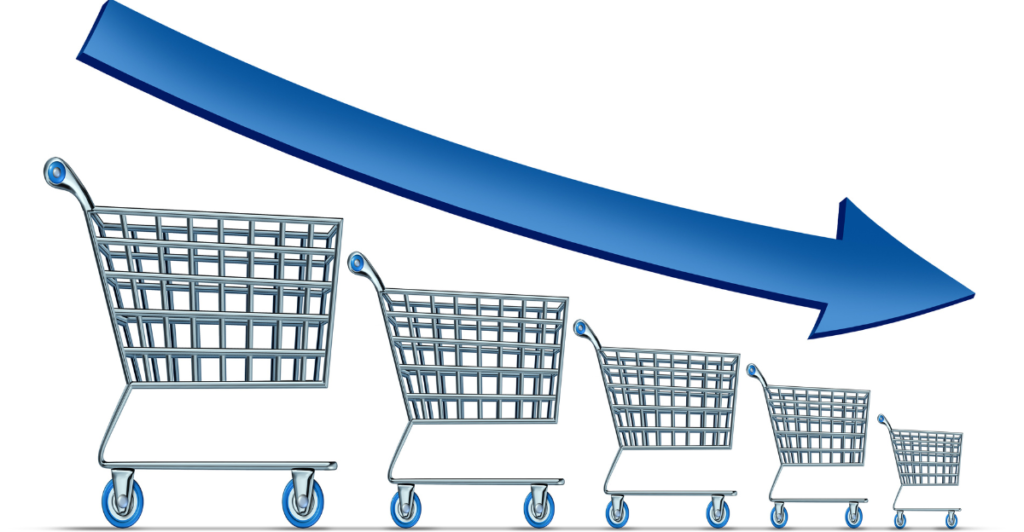
Despite some signs of recovery, Bud Light’s sales remain under pressure. Anheuser-Busch’s third quarter 2024 earnings reported a modest 2% revenue increase year-over-year in the U.S., but sales to wholesalers and retailers continued to decline.
The brand faces stiff competition from rivals like Modelo Especial, which has capitalized on Bud Light’s vulnerability by ensuring strong distribution and retail presence.
Understanding the Boycott’s Longevity
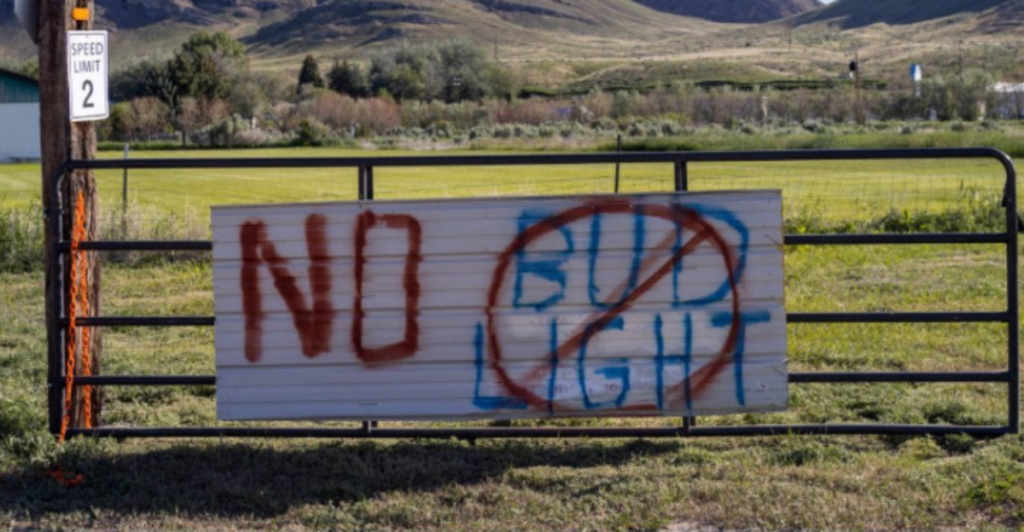
The boycott’s persistence is partly due to Bud Light’s politically polarized customer base. Unlike competitors favored by more liberal-leaning consumers, Bud Light’s conservative-leaning audience was more likely to react negatively to the brand’s social stance.
Additionally, switching to alternative beers like Coors Light or Miller Lite involved minimal sacrifice for consumers, making the boycott easier to sustain.
Retail and Media Influence
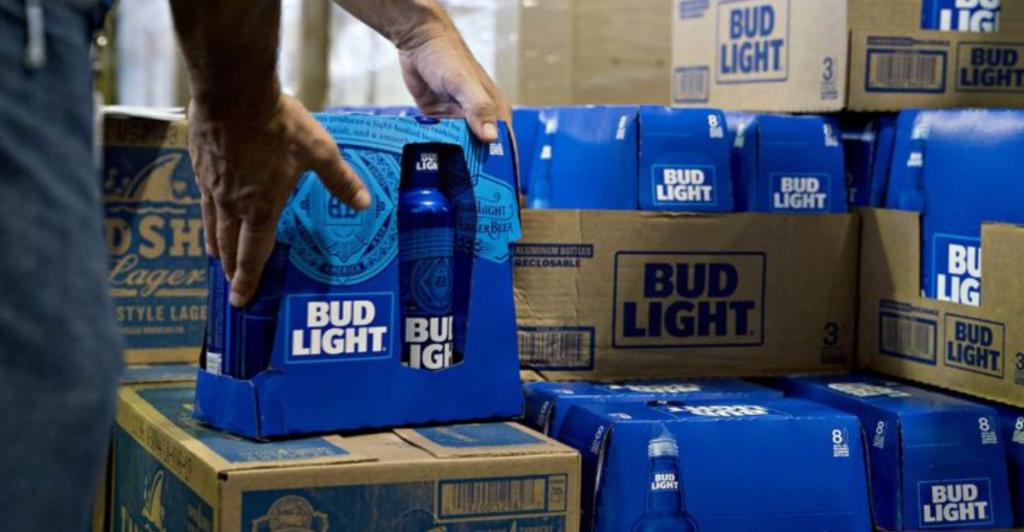
The boycott’s impact was amplified by retailers reallocating shelf space away from Bud Light, reducing its visibility and accessibility.
This created a feedback loop that further depressed sales. Extensive media coverage and Anheuser-Busch’s slow, ambiguous response kept the controversy in the public eye, prolonging consumer disengagement with the brand.
Summer Sales as a Critical Period
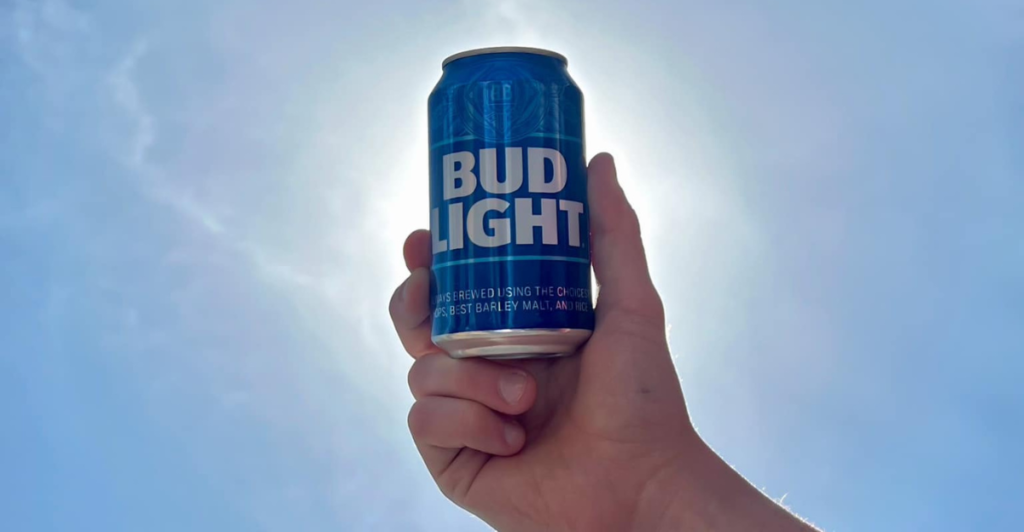
The summer months are crucial for beer sales, which are boosted by higher consumption during holidays and other social occasions. Breweries invest heavily in in-store displays and marketing during this period.
Missing out on these opportunities can cause long-term damage to a brand’s market position. Bud Light’s performance in the summer of 2024 was seen as a key test of its ability to recover from the boycott’s effects.
Industry and Cultural Reactions
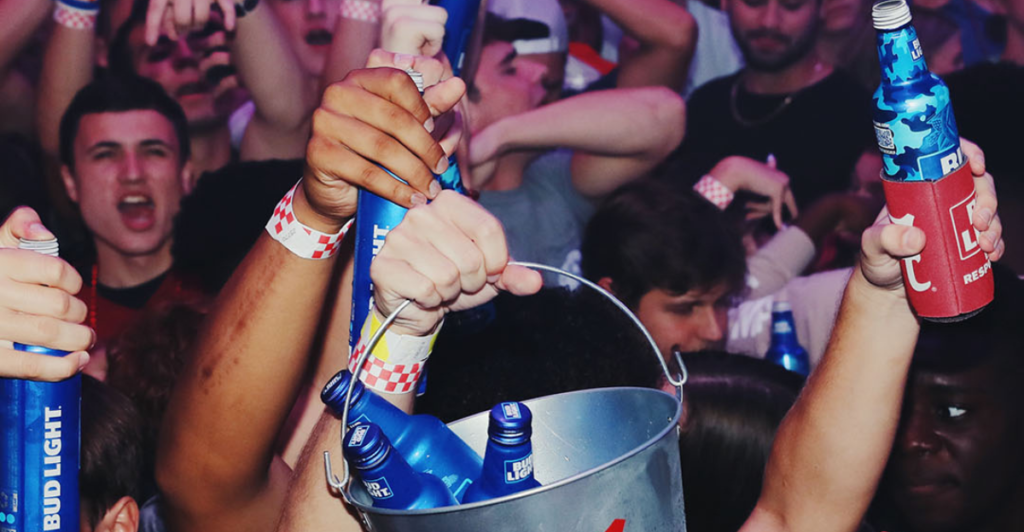
Notably, some venues like Garth Brooks’ bar in Nashville chose to continue serving Bud Light, emphasizing inclusivity despite the controversy. Brooks encouraged patrons to respect this stance or take their business elsewhere, highlighting the cultural divisions surrounding the boycott.
Meanwhile, figures like Kid Rock, who initially supported the boycott, later appeared publicly with the Budweiser merchandise, signalling a complex and evolving consumer landscape.
Bud Light’s bid to woo back customers with a masculinity-focused Super Bowl ad reflects a strategic effort to reconnect with its core audience after a damaging boycott. The brand’s challenges highlight the risks brands face when engaging in polarizing social issues and the importance of aligning marketing with consumer expectations.
Discover more trending stories and Follow us to keep inspiration flowing to your feed!

Craving more home and lifestyle inspiration? Hit Follow to keep the creativity flowing, and let us know your thoughts in the comments below!
